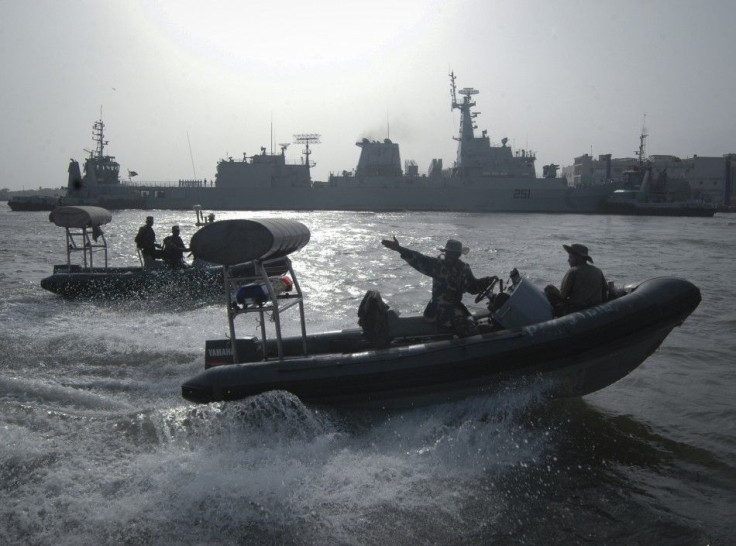Threat of Pirate Attacks Prompts Japan To Loosen Samurai-Era Gun Ban On Ships

To counteract pirates launching rocket-propelled grenades and shooting AK-47s, Japan has loosened a samurai-era gun ban. The change in law, which became effective Saturday, allows guards on Japanese-registered oil tankers to carry guns for the first time.
Under the new law, shipping companies may hire armed guards through foreign security contractors and place them on tankers when sailing through specified pirate-infested regions in the Indian Ocean and the Gulf of Aden off Somalia, where pirates have collected hundreds of millions of dollars by hijacking ships. The law allows armed guards to fire warning shots from rifles to deter pirates from approaching and to shoot at pirates if the lives of the guards or other crew members are at risk. Ship operators must report names of security guards and the duration of their stay aboard.
The Japanese legislature voted the bill into law in mid-November, with support from both the ruling and opposition parties, the Japan Times reported.
The law also marks the first time Japan has allowed civilians to carry automatic weapons. Civilians in Japan have been banned from carrying guns, except for hunting, under laws that date back to 1588.
Armed guards must leave the ships before they enter Japanese ports. The Japan Coast Guard will inspect ships at Japanese ports, and crew and freight will not be allowed off a ship until the coast guard ensures there are no rifles aboard. Many security companies rely on floating armories, ships in international waters loaded with assault rifles and other arms, body armor, ammunition and gear.
Allowing armed guards to protect a supply ship is the decision of the vessel's home country and the countries whose waters the ship sails through. But allowing guns on civilian ships sailing through piracy-prone regions has become an international norm in recent years. According to Seatrade, a maritime news site, 80 percent of tankers and container ships now employ armed guards.
Pirates hijacked 179 ships from April 2005 to December 2012 and collected an estimated $400 million, according to a report by the World Bank, United Nations and Interpol. So far in 2013, ships worldwide have reported 12 hijackings and 234 piracy incidents, according to the International Maritime Bureau.
© Copyright IBTimes 2024. All rights reserved.












